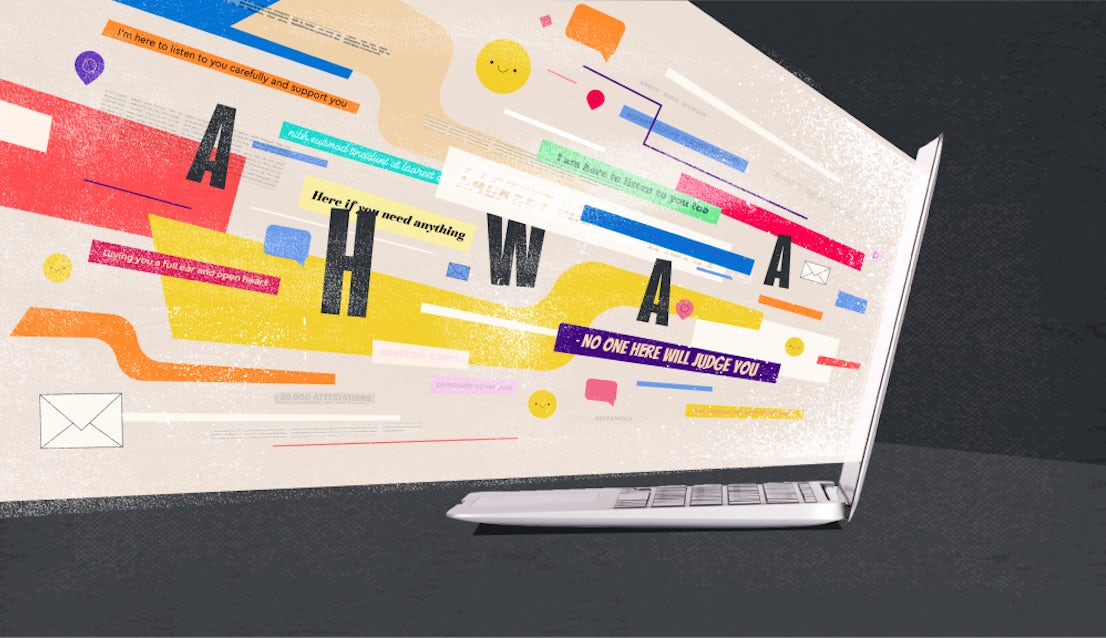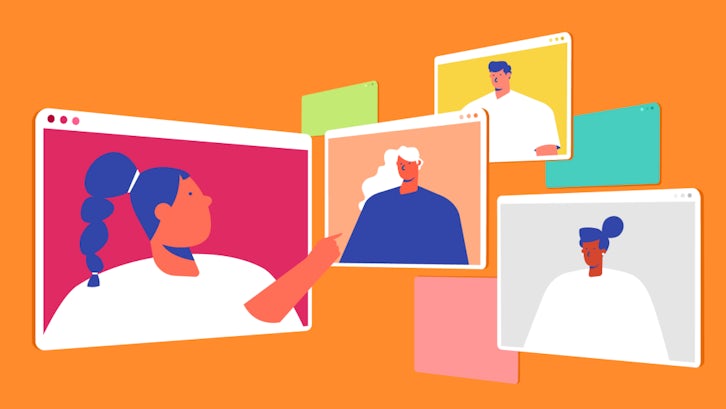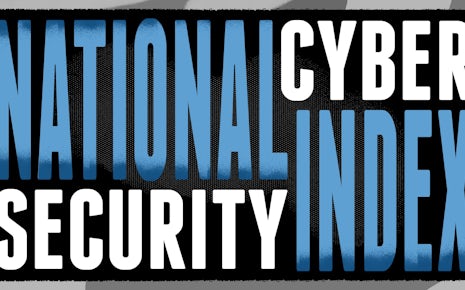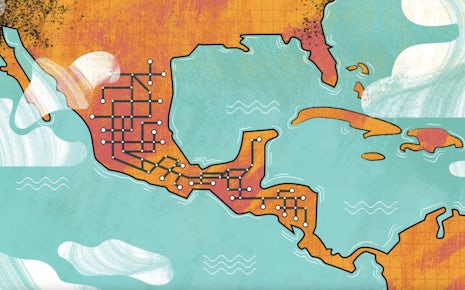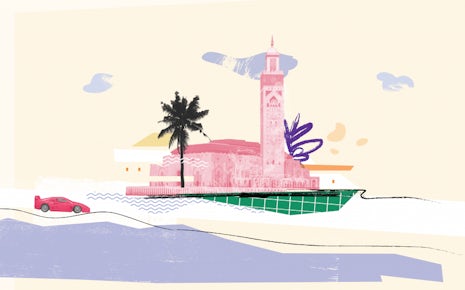The challenge
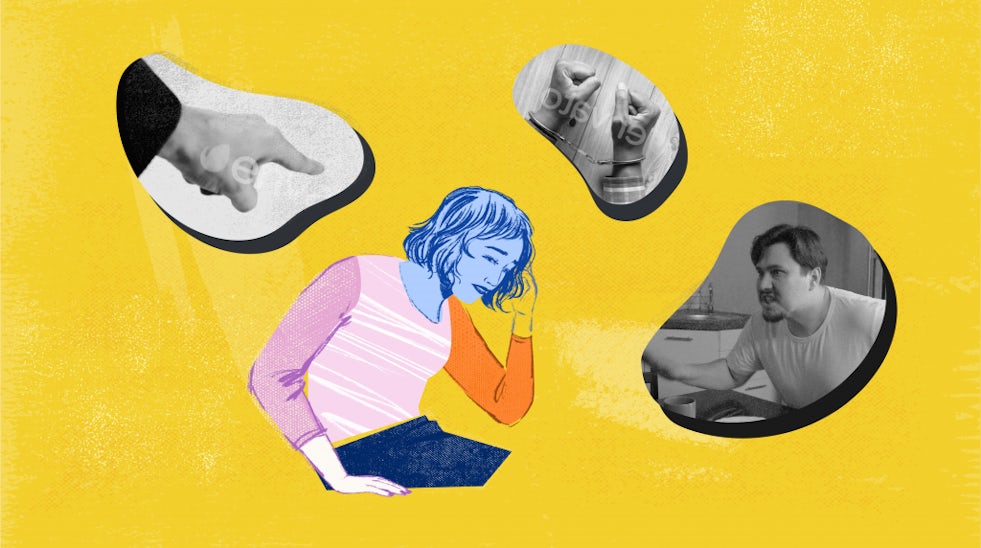
The Internet provides economic opportunities and serves as a powerful catalyst for millions of people worldwide. Even though the status of the Internet infrastructure in the Middle East and North Africa (MENA) region varies greatly from one country to another, Internet users in the region have surpassed 180 million, and more than 70% of the total MENA population has Internet access. People can take online courses, access health care, work remotely and keep in touch with friends and relatives.
Furthermore, the Internet has become a force for expression allowing human rights activists, political dissidents and marginalised communities to speak up, organise and act. In particular, the LGBTQ community in the MENA region faces systematic marginalisation, discrimination and persecution. In some countries, homosexuality is treated as a criminal offence, the expression of gender identity is prohibited, and freedom of expression and association for some individuals is severely limited. Frequently, there is no rights-based legal gender recognition or non-discrimination legislation. Therefore, LGBTQ communities – and LGBTQ youth in particular – can feel increasingly isolated, distant and depressed.
Many LGBTQ individuals across the Middle East and North Africa region embraced the Internet, finding there an opportunity to discuss and share their thoughts, fears and concerns regarding their sexuality and identity. They also resorted to the web in order to raise their voices, to organise and to speak up for their rights.
However, the Internet is not always a safe space for them. State surveillance online and hate speech can pose severe threats to the LGBTQ community. Fake profiles and trolls can lure LGBTQ individuals into dangerous meetings or costly blackmails.
